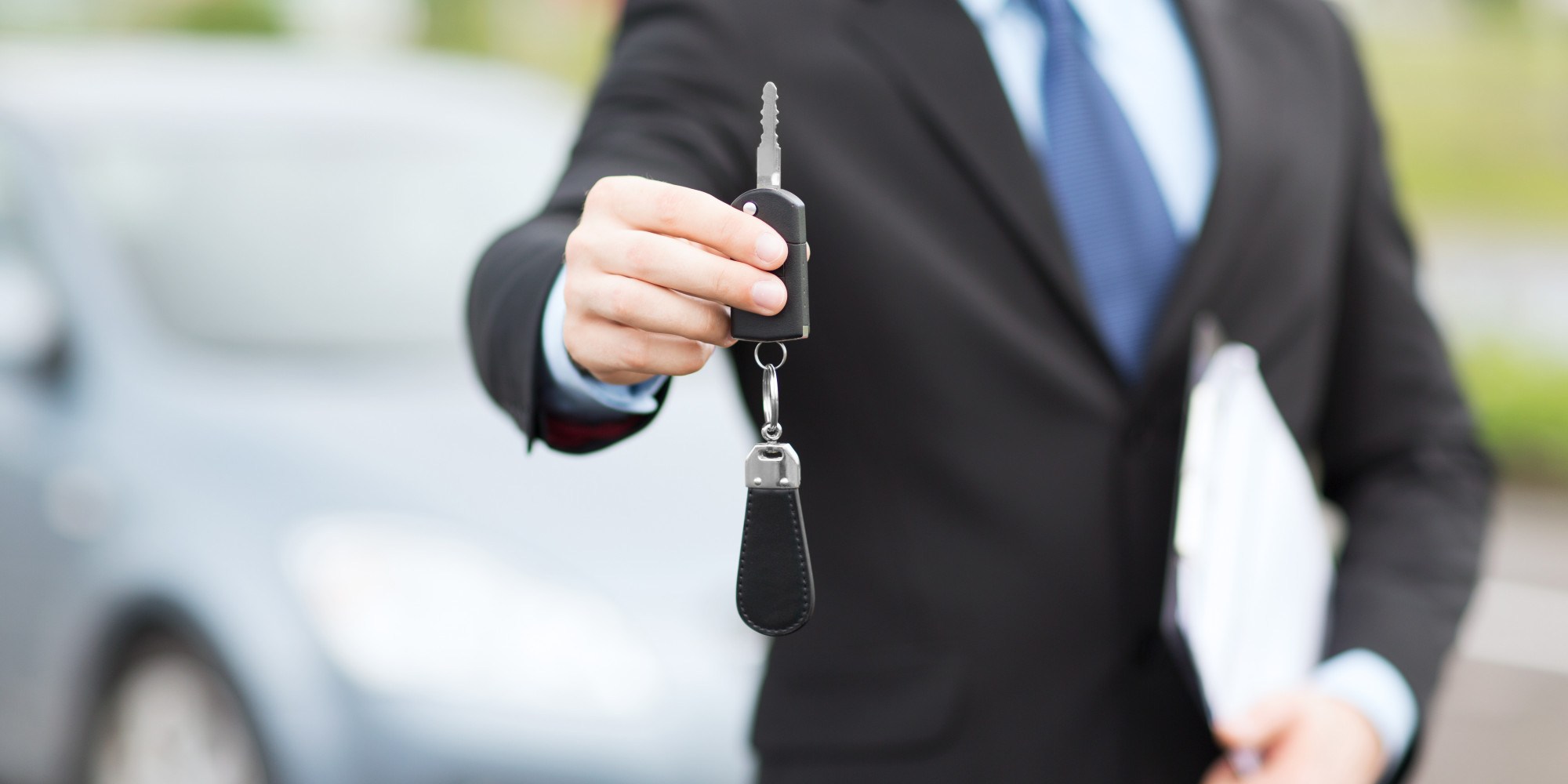Please Call 1-866-337-7670 with any questions!
Car Buying with Bad (or no) Credit
Posted April 16, 2017
When Cincinnati-based writer Geoff Williams filed for bankruptcy in 2008, he planned to drive his Saturn for as long as he possibly could. Three months later though, his car died on the freeway and Williams found himself applying for financing at a used car dealership.
“We didn’t get a great loan,” he admits, “but we did get a really good, slightly used car and affordable monthly payments.” Despite dealing with the stress of bankruptcy and the unexpected expense of replacing his car, Williams says, “The good news is it’s definitely possible to get a loan through a dealership.” In fact, he coauthored the book Living Well with Bad Credit.
Surprisingly, those with bad credit often have an easier time getting approved for an auto loan than a car lease, according to Sergio Stiberman, CEO of LeaseTrader.com, an online marketplace for car leasing. However, Stiberman says auto financiers and leasing companies care more about the contents of your credit report than the actual number. “Even those individuals with a high score do not always qualify to lease,” he says. “It’s a combination of a lot of different things.”
Experts offered these tips for low- or no-credit consumers in the market for a car.
Check your credit report in advance.
Whether you’re hoping to lease or buy a car, it’s a good idea to check your credit report and clear up any errors before you start shopping. As Jesse Toprak, vice president of industry trends and insights at Truecar.com – which publishes data on car transactions – points out, “A lot of those mistakes take weeks or even months to fix.” For potential lessees, Stiberman says the biggest red flags for leasing companies include past vehicle repossessions or habitual late payments. Try to improve your credit by making timely payments in the months leading up to car shopping.
Look to credit unions for financing.
Even consumers with bad credit can try for preapproval before talking to a dealer. If you have a relationship with a credit union, they’re often more likely to approve your application than a large bank, according to Toprak. “With credit unions they can make personalized decisions based on the relationship,” he explains. Plus, Toprak says credit unions offer some of the lowest interest rates. Most don’t follow a tiered rate system, so as long as you get approved, you’ll pay the same interest rate as another credit union member with a higher credit score.
Save as much as you can for a down payment.
A bigger down payment means a smaller loan, which is less risky for lenders. Plus, you’ll spend less money in interest over the course of your loan, so experts recommend saving as much as you can. Even with a large down payment, you could end up with a high interest rate. But according to Toprak, “For those with really bad credit, [a large down payment] might make the difference between getting the loan approved or not.” He considers 20 percent or more to be a substantial down payment but adds that some dealerships may ask for as much as 40 or 50 percent to minimize their risk. If you have a vehicle for trade-in, that can count toward your down payment, too.
Buy used if you can.
“Generally speaking, if you have bad credit, you have more options when you’re trying to buy a used car versus a new car,” says Toprak. If you can’t get preapproved, dealers often know which financing companies are willing to work with credit-challenged consumers. For those who can’t get a loan elsewhere, Buy Here Pay Here (BHPH) dealerships cater to subprime consumers by financing used cars themselves. Though BHPH dealers often require a substantial down payment and offer high interest rates, Toprak says they are sometimes the only option. “A lot of these dealerships can report your payment history to credit bureaus to help rebuild your credit,” he adds. “A lot of them do it automatically, but some won’t. Make sure they do so you get the full benefit.”
Consider getting a cosigner.
Experts disagree about whether cosigners are a good idea, but it’s one option, especially for young people with no credit history. “If you’re beginning your credit building age, the recommendation [for prospective lessees] would be to get a cosigner,” says Stiberman. “It could be a parent or relative. Once the leasing company approves you, you start establishing credit instantly and can lease on your own next time.” Relatives can also cosign an auto loan. However, Williams says, “I don’t recommend it because I’ve seen it happen with relatives who’ve cosigned and lived to regret it. It’s terrible stress.” In fact, the Federal Trade Commission warns that as many as three quarters of cosigners get asked to repay the loan. If you get approved without a cosigner, you can avoid those potential headaches altogether.
The bottom line? The better your credit report, the more financing options you’ll have, but it’s still possible to buy or lease a car with bad credit, Apply now and see what The Bankruptcy Information and reestablishment center can do for you!
Please Call 1-866-337-7670 with any questions!



